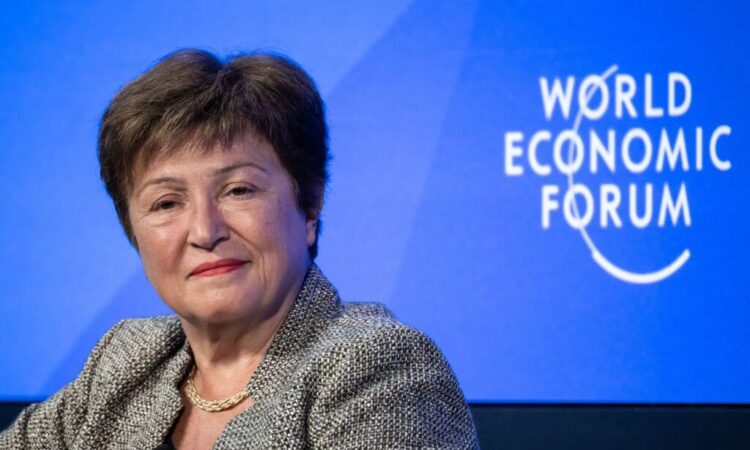
With the World Bank and International Monetary Fund set to meet next week in Washington to discuss key issues such as poverty eradication, Morning Consult survey trends in 42 countries show public opinion of both institutions remains highest in countries that benefit most from international aid.
World Bank, IMF are prepping for a new era of belt tightening
As signs point toward a possible economic slowdown and an end to the era of cheap credit, both institutions are facing the prospect of managing greater needs with fewer resources.
IMF Managing Director Kristalina Georgieva used her speech at the Boao Forum in China last week to urge major creditors — including Beijing — to help countries in debt distress avoid default, and the World Bank has submitted a reform plan that could free up some $5 billion annually for urgently needed loans.
Views decline in some high-income countries
- Adults in most high-income countries, which tend to be donors of global development financing rather than beneficiaries, remain largely indifferent toward the banks. That said, opinion in German-speaking central Europe — Germany, Switzerland and particularly Austria — tends to be among the most negative.
- Some of the biggest declines in net favorability of the IMF and World Bank were in high-income countries such as Austria, South Korea, Saudi Arabia, Belgium and Sweden.
- Changes in opinion toward each bank tended to vary in degree but not direction, with the exception of Israel, where the World Bank’s net favorability increased 7 points but the IMF’s net favorability declined 5 points.
The Morning Consult surveys were conducted March 19-April 19, 2022, and Jan. 1-March 27, 2023, among a representative sample of at least 261 adults in each country, with unweighted margins of plus or minus 1 to 6 percentage points.





